Vaccine

GSI/FAIR researchers in the battle against COVID-19
The GSI Helmholtzzentrum für Schwerionenforschung and the Facility for Antiproton and Ion Research (GSI/FAIR) develops innovative research strategies to support the fight against the current COVID-19 pandemic. The Biophysics Department plans to inactivate the virus with high-energy heavy ions in order to develop vaccines in cooperation with the Helmholtz Centre for Infection Research (HZI). In addition, the therapeutic effect of low-dose radiation against pneumonia caused by SARS-CoV-2 is currently being investigated. The Materials Research Department is working on membranes made of nanopores for improved and fast virus detection and for the development of tailored membranes for viral filtration masks.
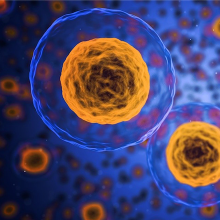
IRTA-CReSA: Preclinical research facilities
IRTA-CReSA is a public research institute devoted to research in animal health following the One Health concept. In the context of COVID-19 crisis, the BSL3 large animal and laboratory facilities can support SARS-CoV-2 isolation, in vitro studies of anti-viral and antibody efficacy, in vivo studies of anti-viral, antibody and vaccine efficacy (once hACE2 transgenic mice become available), antiviral, antibody and vaccine research, and animal infection model development.
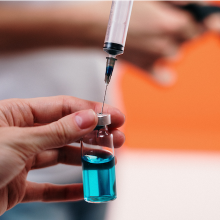
TRANSVAC2: Support for COVID-19 vaccine development
TRANSVAC2 has redirected the currently open call to focus on SARS-Cov2 vaccine efforts. Researchers developing vaccine candidates against COVID-19 are encouraged to apply and benefit from all TRANSVAC2 services, such as:
- Adjuvant formulation (Vaccine Formulation Institute and Helmholtz Centre for Infection Research)
- Structural Biology (INSTRUCT)
- Animal models (CEA, BPRC, IRTA-CReSA and Helmholtz Centre for Infection Research Clinical Trial Support)
- ECRIN (European Clinical Research Infrastructure Network)
- Regulatory support (EATRIS and European Vaccine Initiative)
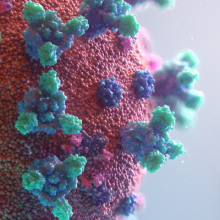
EATRIS: Biomedical research resources
The research resources of European Infrastructure for Translational Medicine (EATRIS) are highly relevant for the research community in the context of the COVID-19 pandemic, and has created an inventory of all related research activities underway at EATRIS facilities.
As part of the Alliance of Medical Infrastructures with BBMRI and ECRIN, EATRIS also offers a Fast Response Service for researchers.
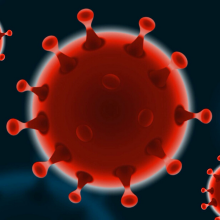
Instruct-ERIC: Priority access to structural biology services
Instruct-ERIC is offering priority access to its structural biology services for research directly related to COVID-19. Priority access ensures a faster review of research proposals relating to COVID-19. In order to protect staff and users, physical visits to Instruct Centres have been suspended but it may be possible to undertake research remotely during the restricted access period, subject to individual Centre availability. In addition, Instruct-ERIC has compiled a list of resources for COVID-19 research, which may be of interest to the wider life science community. For enquiries relating to Instruct-ERIC services during the restricted access period, please contact the support office.
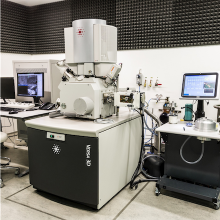
CIISB: Priority access to structural biology services
CIISB (Czech Infrastructure for Integrative Structural Biology) offers priority access to research groups, which need to use the CIISB structural biology services for R&D projects directly related to the studies of the SARS-CoV-2 virus and projects aiming to develop an effective vaccine and/or treatment of Covid-19 disease. To request the priority access, please submit the research proposal with "COVID-19" in the title through the online application system. Successfully accepted proposals will be free of charge, and no financial contribution will be requested for the measurement and provided services.
